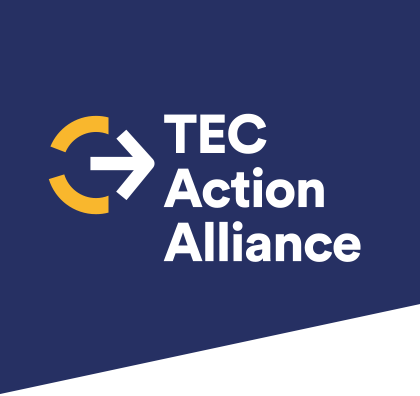The TEC Action Alliance are pleased to highlight a significant contribution from the University of Sheffield’s School of Medicine and Population Health (SHARR) towards enhancing the evaluation of technology enabled care (TEC).
Prepared for the TEC Action Alliance, ‘A Specification to Design a ‘Consolidated Evaluation Framework for Technology Enabled Care’’ proposes a thoughtful approach towards developing a comprehensive and universally accessible framework for evaluating TEC services. This initiative represents an important step forward in our collective effort to integrate technology into healthcare more effectively.
Executive Summary
The integration of technology into healthcare offers promising benefits, yet its potential is often constrained by the lack of a unified evaluation method. The University of Sheffield’s SHARR has taken on the task of addressing this challenge, aiming to create a more suitable framework for the evaluation of TEC. This endeavour is crucial for gathering reliable evidence to inform decision-making processes in the field.
Background
The landscape of TEC evaluation has been fragmented, built upon diverse, short-term projects that have not always led to sustained outcomes. This has highlighted the need for a more consolidated approach to evaluation, capable of synthesising high-quality evidence to support crucial decisions in healthcare technology.
Methodology
The university’s team embarked on an extensive review of the literature, examining various evaluation theories, models, frameworks, and taxonomies. Their efforts have culminated in the development of a preliminary five-part framework for immediate use, alongside criteria for creating a tailored ‘Consolidated Evaluation Framework for Technology Enabled Care’ (CEFTEC). This framework aims to incorporate the latest knowledge and best practices in TEC evaluation.
Findings
The research identified a wide array of evaluation approaches, underscoring the diversity and specificity of existing methods. However, for broad application, an evaluation framework must integrate various theories and models to effectively assess what works, for whom, and under what circumstances.
Recommendations
Until a specific TEC evaluation framework is fully developed, the university recommends an interim framework built around components such as the NASSS CAT, NICE ESF, budget impact assessment, and others. These recommendations set the stage for the detailed development of CEFTEC, listing 14 key requirements that range from evaluating innovation and its implementation to considering economic impacts and the sustainability of interventions.
A Collaborative Endeavour
The TEC Action Alliance recognises the value of this initiative and the benefits it brings to the broader community of healthcare technology providers, commissioners, and users. We encourage our members and partners to engage with the ongoing work of SHARR, contributing to the development of a framework that can enhance the evaluation and implementation of technology enabled care services. This effort aligns with our commitment to improving healthcare delivery through technology, and we look forward to seeing how this framework will support our collective goals in the future.

